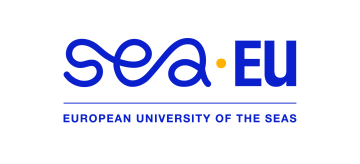Plasmid and Microbial Collection specializes in a long-term storage of microbiological material samples, their identification, validation and characterization. It was designed to enable depositing and sharing bacterial strains for research, development and commercial purposes.
MALDI Biotyper system for microbial identification using mass spectrometry enables rapid identification of bacteria to species or genus. Identification of the tested microorganism is performed on the basis of comparative analysis of bacterial protein spectra, mainly ribosomal, by MALDI-TOF mass spectrometry using laser desorption/ionization matrix-assisted time-of-flight analyzer with a Bruker Microflex LT mass spectrometer. Our library of spectra is regularly updated and currently allows the identification of over 7800 bacterial species.
GEN III OmniLog Combo Plus System for identification and phenotyping of microorganisms The system enables phenotypic characterization of bacteria (phenotypic microarrays), studies of microbial populations, analysis of cytotoxicity of substances, phenotyping of mammalian cells and studies of mitochondrial function.
Next-generation sequencing platform is an integrated system capable of performing a complete sequence of analyses starting from: (i) isolation of genetic material with appropriate parameters from a variety of samples (isolated pure cultures of microorganisms or consortia of microorganisms, clinical material, environmental samples), through (ii) preparation and quality control of NGS libraries to (iii) their sequencing using the MiSeq instrument (Illumina). It enables whole-genome sequencing of bacterial genomes and metagenomic samples for 16S RNA analysis, targeted sequencing of specific amplicons.
Digitized system for amplification of nucleic acids BioRad QX200 using digital droplet PCR (ddPCR) is used to amplify nucleic acids in an emulsion system with simultaneous quantitative evaluation of the obtained product. It enables determination of plasmid copy number in a cell, detection of genetic determinants of virulence in bacteria, determination of virus titer, detection of rare mutations or rare gene variants, and absolute quantitative analysis of gene expression.
A platform for comprehensive protein characterization includes instruments from NanoTemper Technologies:- Monolith NT.115 Pico-red/Nano-blue instrument for studying the affinity of the protein-ligand system interaction in solution using microscale thermophoresis- Prometheus NT.48 AGOHTU instrument for studying stability and aggregation properties of proteins is used for comprehensive characterization of chemical, thermal in the range of 15 - 110 °C and colloidal stability of proteins in solution by means of precise analysis of the change in internal fluorescence in the structure of the molecule.
